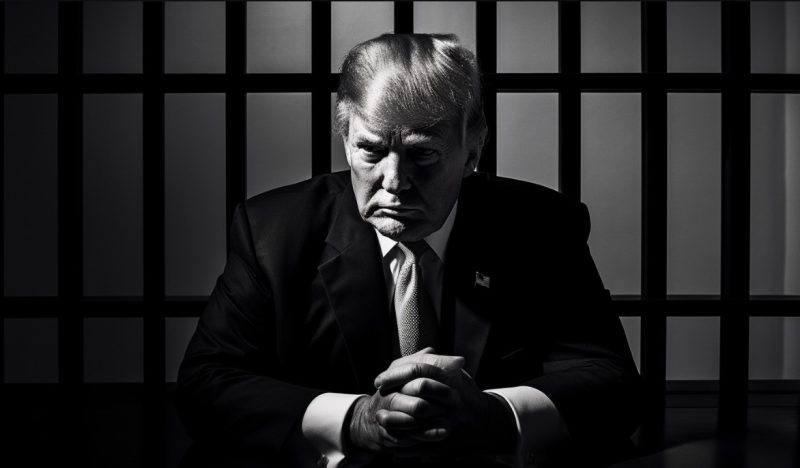Using Terms Like “Vermin” to Dehumanize Opponents is Classic Nazi Tactics

At a Veterans Day event, former President Donald Trump’s speech stirred profound unease, echoing troubling periods in history. His language, fraught with harsh criticism and division, not only sparked widespread concern but also drew historical parallels with authoritarian regimes. This article delves into the deeper implications of Trump’s remarks, the varied reactions they prompted, and their unsettling resemblance to darker times.
Trump’s Alarming Rhetoric: A Disturbing Historical Reflection
In Claremont, N.H., Trump’s speech was marked by a disturbingly aggressive tone. He labeled his political adversaries as “vermin” and “radical left thugs,” reminiscent of language used by dictators like Hitler and Mussolini. Such terms, historically linked to dehumanization, seem at odds with the democratic principles he once pledged to uphold, hinting at an undercurrent of authoritarianism.
Historical Resonance and Contemporary Consequences
Historians quickly noted similarities between Trump’s terminology and that of past tyrannical leaders. His use of words like “vermin” has been particularly troubling, echoing the propaganda tactics of authoritarian regimes used to justify oppression and violence against certain groups.
Expert Insights and Civil Rights Concerns
Specialists like Timothy Naftali and Ruth Ben-Ghiat have voiced alarm over Trump’s choice of words, stressing that this language is typically employed by dictators to foster fear and justify their tyrannical actions. Civil rights organizations, including the Anti-Defamation League and the League of United Latin American Citizens, have also denounced Trump’s rhetoric, highlighting its increasingly extreme nature and drawing parallels to Nazi propaganda.
Political Implications in a Tense Climate
Amidst his prominence in the GOP primary field, Trump’s divisive language holds significant political weight. His rhetoric not only impacts his own campaign but also shapes the overall political atmosphere in the U.S., raising concerns about its influence on democratic processes and societal harmony.
Conclusion: The Power of Words in Leadership
Donald Trump’s recent speech serves as a potent reminder of the impact of a leader’s words. The historical comparisons drawn are not mere academic observations but real concerns about the trajectory of political discourse in the U.S. As the nation progresses, it becomes imperative to consider the values that underpin democracy and how leaders’ words can support or undermine these ideals.
